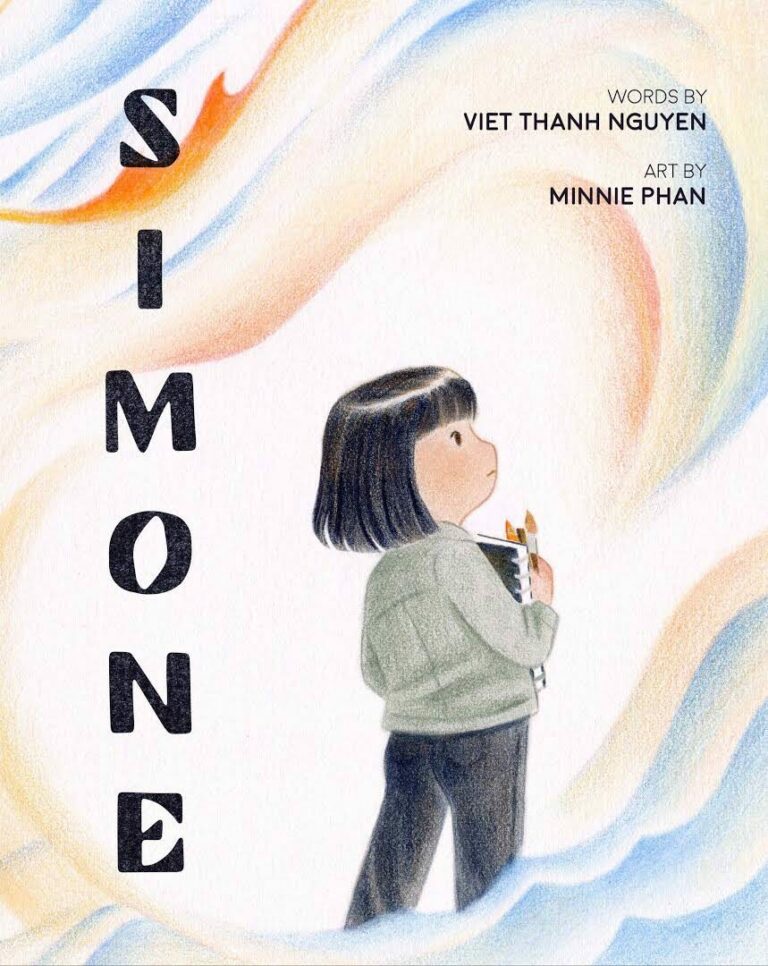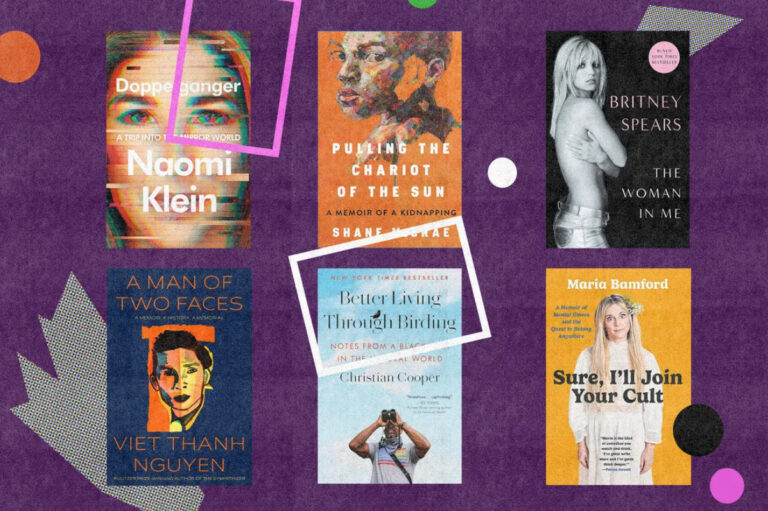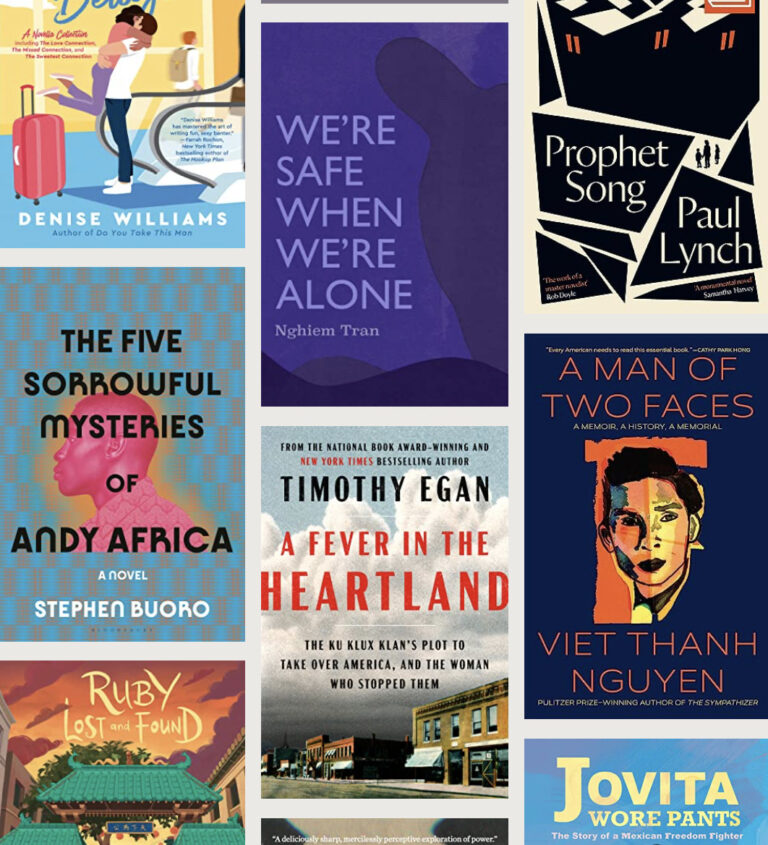Steven W. Beattie reviews The Committed for the Toronto Star.

Duality is a pervasive motif in “The Committed.” This is apparent from the first pages of the novel, which find the narrator in a psychiatric ward with two holes in his head, “one drilled by myself, the other by Bon, my best friend and blood brother.” The narrator also informs us he is “a man of two faces and two minds” who is “able to see any issue from both sides.” He is a devotee of Hegelian dialectics, a philosophical approach that involves the collision of a thesis and an antithesis to produce a synthesis.
The cleavages are appropriate for the narrator, a half-Vietnamese, half-French former double agent, whose entire existence — as a man, a spy, an expat, and a refugee — is split between East and West, between two cultures, attitudes, and political realities.
The doubling motif can also been seen with “The Committed,” a sequel to author Viet Thanh Nguyen’s 2015 Pulitzer Prize winning novel “The Sympathizer.” The companion volumes exist like one continuous story; the new book opens in the exact spot the former ends, with a tiny boat carrying 150 desperate refugees crossing the perilous waters from their departure point in Jakarta.
/https://www.thestar.com/content/dam/thestar/entertainment/books/2021/03/07/is-viet-than-nguyens-new-book-the-committed-a-novel-of-ideas-or-a-high-octane-thriller/the_committed.jpg)
Among the refugees is the narrator, who has escaped from a re-education camp in his homeland where he had been imprisoned and tortured by a commissar formerly known as Man, the final third of the trio of childhood blood brothers who also comprise Bon and the narrator. After arriving in France in 1981, the narrator takes up residence with Man’s aunt, to whom he sent coded correspondence in his former life as a spy, and begins working as a drug dealer for a gangster known only as “the Boss.”
The narrator himself is anonymous, save for a pseudonym provided near the end of the book and the name on his passport — Vo Danh: literally, “nameless.” As in the earlier book, the anonymity thrusts the narrator into the status of a Vietnamese everyman capable of commenting on the cultural experience of Southeast Asians at home and abroad both during and after the devastating war that caused so much ongoing misery. And comment he does: large swathes of “The Committed” are taken up with dissections of anticolonial theory and European racism derived from thinkers such as Aimé Césaire and — especially — Frantz Fanon.
Nguyen’s erudite narrator (he read Voltaire’s “Candide” as a student and can still quote extensively from the book) is a vehicle for the author’s deep knowledge of philosophical and social history; in addition to Césaire and Fanon, thinkers who get name checked include everyone from Louis Althusser and Antonio Gramsci to Hélène Cixous and Julia Kristeva. As such, the narration forms a useful corrective for pervasive Western narratives of Southeast Asian experience, though this sometimes occurs at the expense of the narrative’s forward momentum.
The danger with novels of ideas is that the ideas threaten to suffocate the novel; in the case of “The Committed,” the more didactic elements take attention away from the other half of the book, which reads like a high-octane thriller. Here, the cultural critique is equally piquant (one of the Boss’s cronies refers to the narrator snidely as “Camus,” the only French philosopher the henchman has heard of), but it is more seamlessly integrated into the narrative. The idea of a former communist sympathizer becoming a drug dealer — a part of the underworld made possible by the machine of capitalism — is delicious in its irony, as is the product, which is smuggled in packages of doctored civet coffee.
The tension between the Tarantinoesque thriller elements and the more high-minded cultural critique mirrors the duality in the narrator, whose entire character is informed by a collision of Eastern and Western influences. “Am I not always infinitely dialectical as I synthesize the thesis of me and the antithesis of myself?” the narrator asks at one point. Very much like its central figure, “The Committed” is a novel that is bifurcated at its core.


